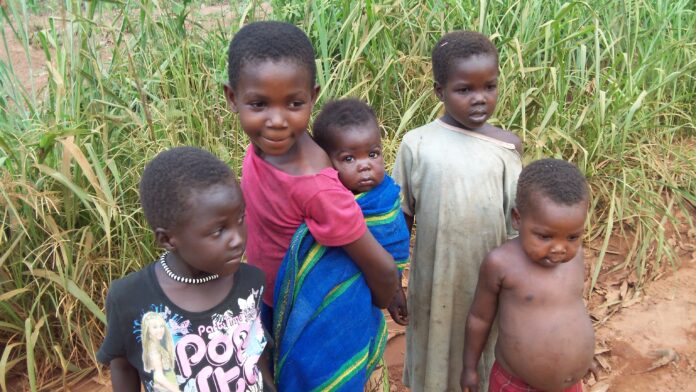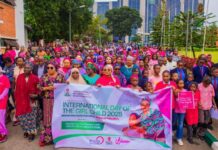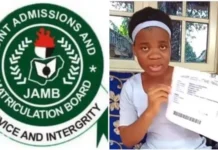The Vice-Chancellor of the Federal University of Agriculture, Abeokuta (FUNAAB), Prof Kolawole Salako, has made case for adequate protection of children in the society.
The Vice-Chancellor spoke while meeting the officers of the Nigerian Girl Guide Association, Ogun State Branch.
According to him, women should be more passionate about their children’s upbringing.
“It’s very important to monitor children, to guard against waywardness, as mothers have a big role to play in that aspect.”
Salako regretted that vices such as rape and incest were prevalent in society, as girls and young women were always susceptible to attacks.
He, therefore, encouraged the association to intensify efforts at educating girls and adult females on their rights and how to seek help to prevent abuse and seek redress when necessary.
ALSO READ: Nigerian future ‘IGP’ finally goes to school
He advised that domestic violence should be discouraged through proper education by organisations like the Nigerian Girl Guides.
He enjoined members of the association to liaise with the University’s Agricultural Media Resources and Extension Centre (AMREC) and the Centre for Entrepreneurial Studies (CENTS) for adequate sensitisation as well as getting information about upcoming training and seminars that would assist members in discharging their duties.
The Deputy Chief Commissioner for Nigerian Girl Guides B-Zone , Deaconess Rhoda Thomas, disclosed that the World Association of Nigerian Girl Guides and Girls Scouts (WAGGGS), was established to train young women to be self-reliant and trustworthy. She said that there are many opportunities for the girl-child in the association, as efforts were in top gear to sustain membership from the primary to tertiary education levels.
The Project Manager, United Parcel Service (UPS), representing WAGGGS, Miss Motunrayo Akinsete said that there were more than 10 million members of the association worldwide and that Nigerian girls had been active in the nation for the past 100 years.
She highlighted some of the activities of the association to include developing leadership capacity to promote gender equity, empowerment, building self-confidence in the girl-child, enlightenment on menstrual hygiene, violence against women and safety.

















